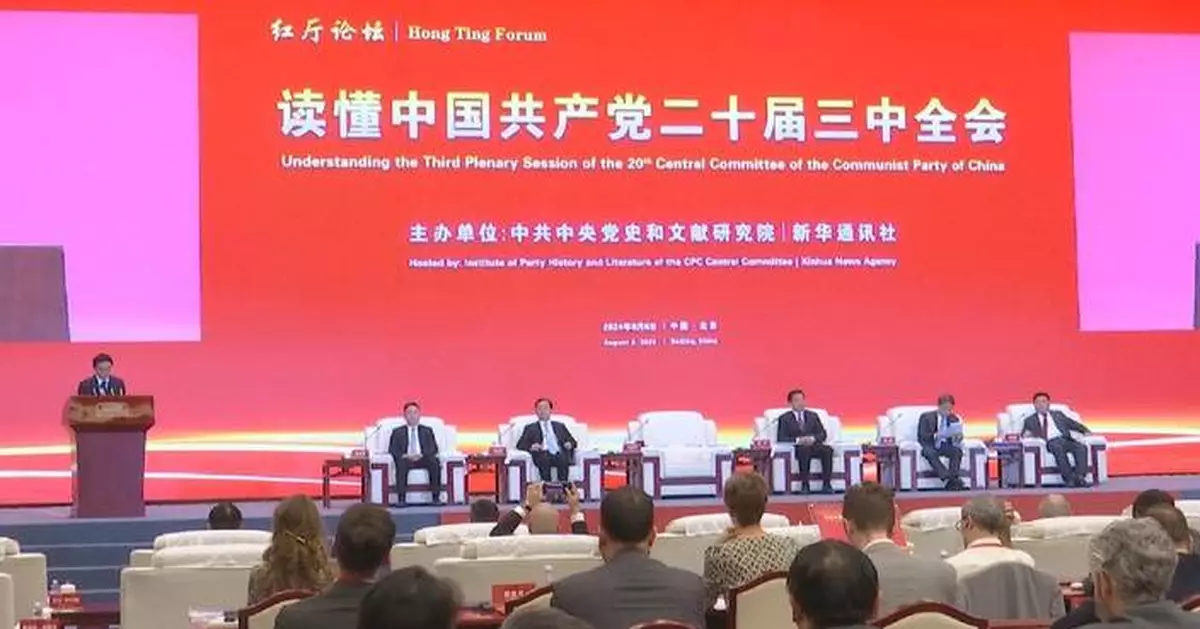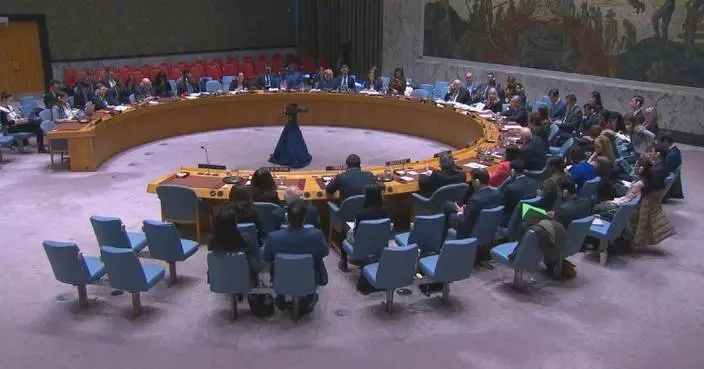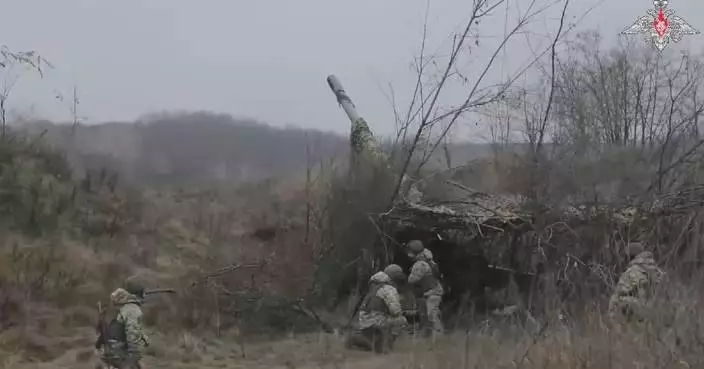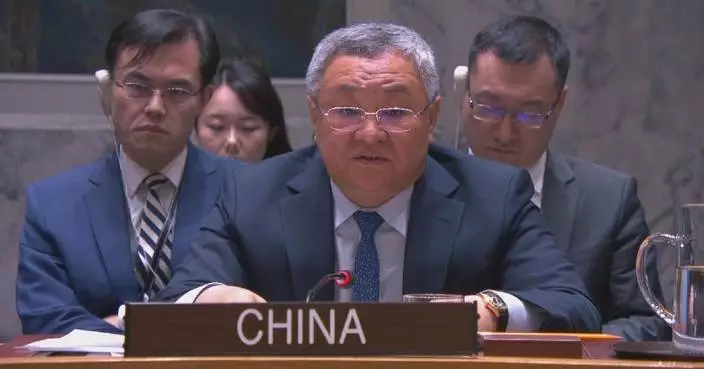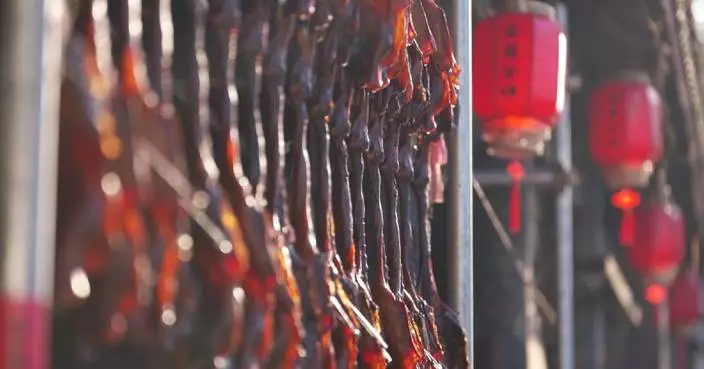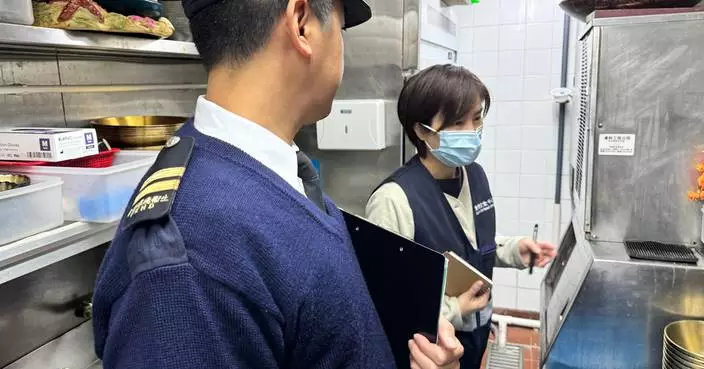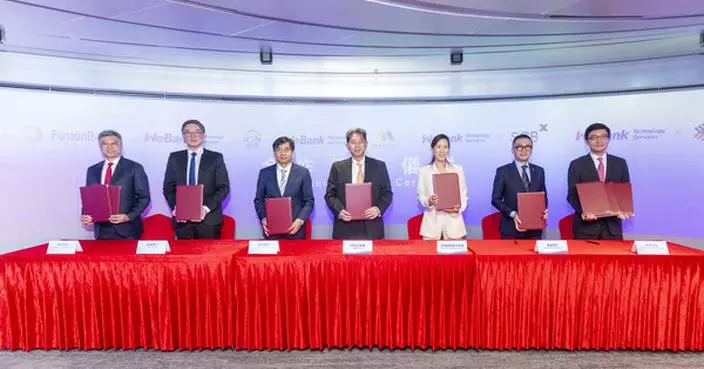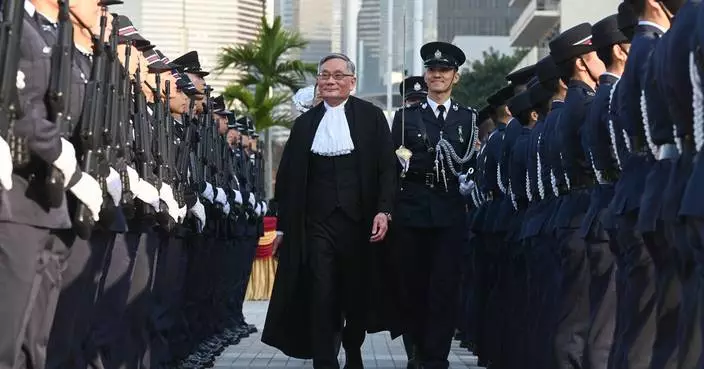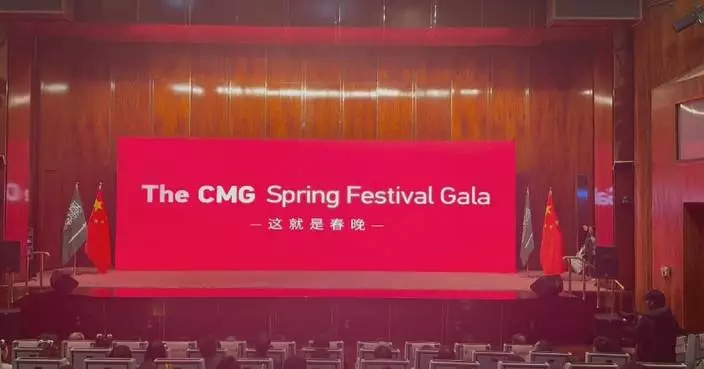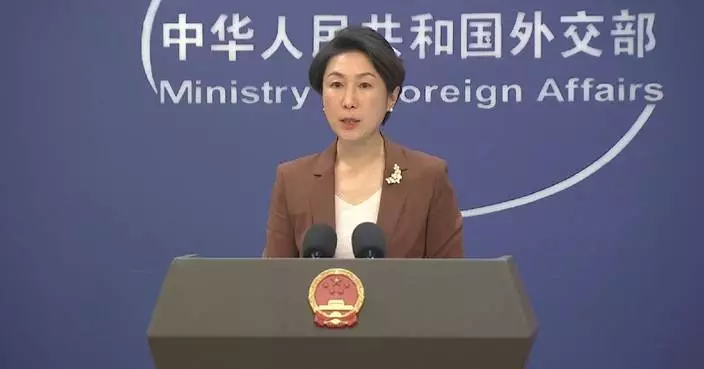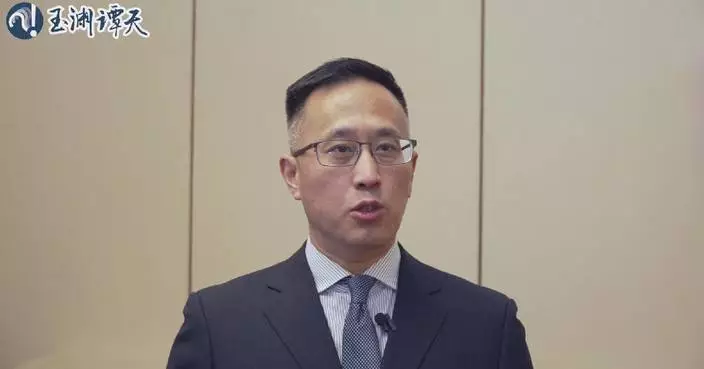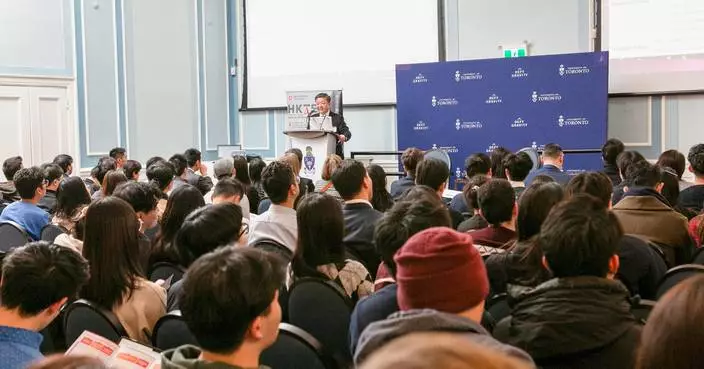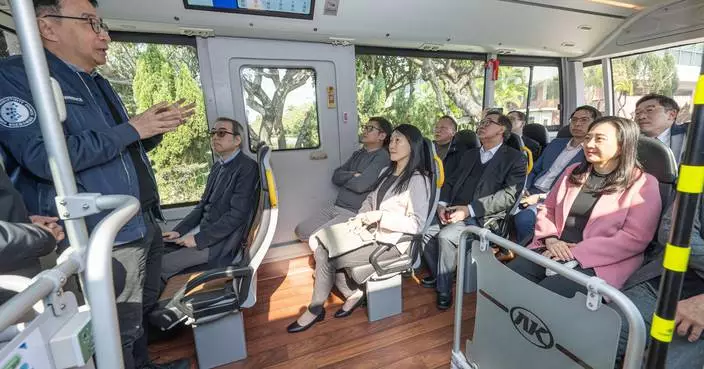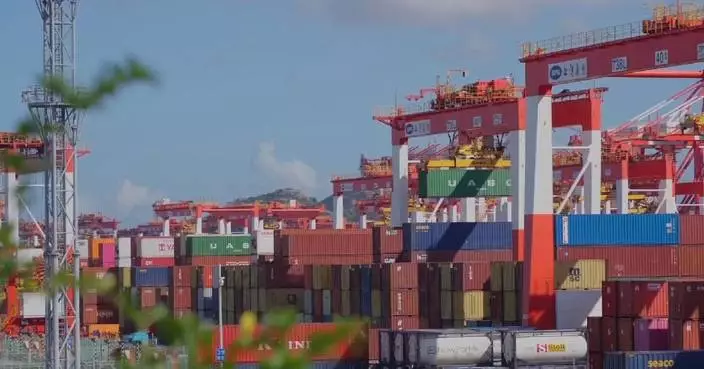A symposium themed on understanding the Third Plenary Session of the 20th Central Committee of the Communist Party of China (CPC) was held Tuesday in Beijing, at which experts discussed key topics on China's reform and issued a think tank report.
Titled "Hong Ting Forum: Understanding the Third Plenary Session of the 20th CPC Central Committee," the symposium was held at the Museum of the CPC.
More than 200 diplomats, think tank experts, and journalists from over 60 countries joined the event for exchanges and discussions on the third plenary session of the 20th CPC Central Committee.
The symposium covered three main topics: promoting the construction of a strong country with Chinese modernization and the great cause of national rejuvenation; developing new quality productive forces in accordance with local conditions; and improving openness in expanding global cooperation.
A think tank report titled "Deepening Reform Comprehensively to Advance Chinese Modernization: Major Achievements and Global Contributions" was unveiled at the event, which systematically summarizes the major achievements, basic principles and global contributions of the CPC's efforts in deepening reform comprehensively to advance Chinese modernization in the new era.
The 20th CPC Central Committee held its third plenary session in Beijing from July 15 to 18 with a focus on further deepening reforms comprehensively to advance China's ongoing modernization drive.
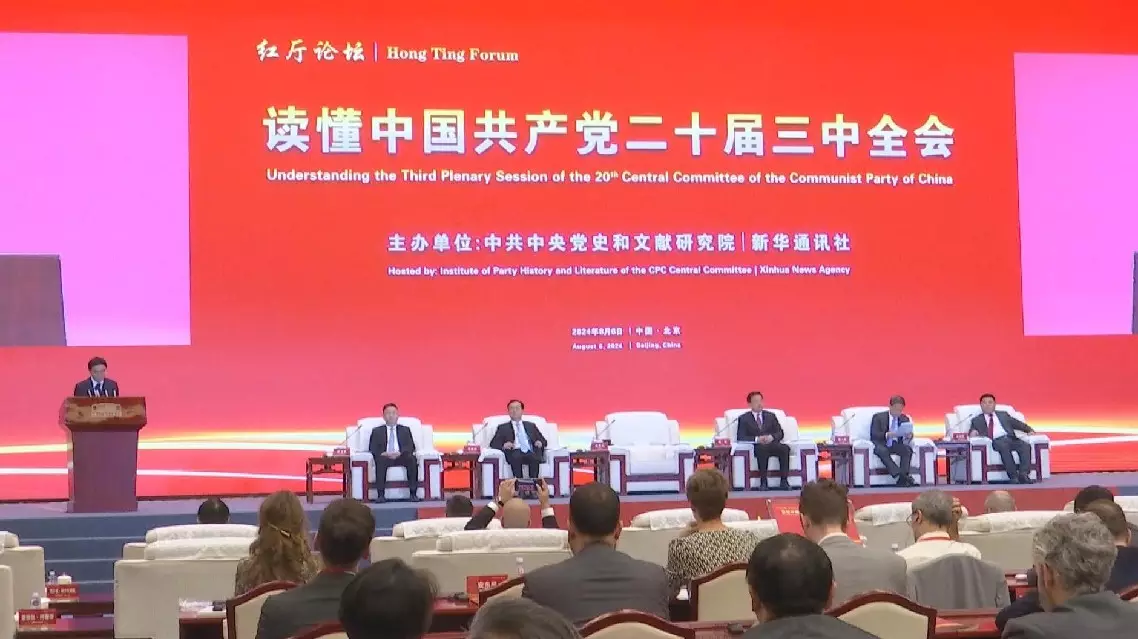
Symposium on understanding CPC third plenum held in Beijing
Members of the Shenzhou-19 crew aboard China's Tiangong Space Station successfully completed their second series of extravehicular activities (EVAs) at 01:12 (Beijing Time) on Tuesday, after performing multiple tasks including the installation of space debris protection devices and an extravehicular inspection.
Astronauts Cai Xuzhe, Song Lingdong and Wang Haoze worked for over eight hours to complete the tasks, with Cai and Song undertaking spacewalk duties. They were assisted by the space station's robotic arm and a team on Earth.
Song stepped out of Tiangong's Wentian lab module at 16:55 on Monday. Cai exited the module about two hours later to join Song on device installation tasks. Meanwhile, Wang stayed in the station's core module to provide support.
"The primary task is to install debris protection devices outside the module to safeguard its external cables from debris impact. Given the increasingly severe risk of space debris collisions in the orbital environment, we have carefully selected appropriate materials and made specialized designs. Additionally, the protection devices are designed to be easily and securely installed on the exterior of the space station, ensuring effective protection," said Li Zhihai, an aerospace engineer with the China Aerospace Science and Technology Corporation.
During their previous extravehicular mission in December, the Shenzhou-19 crew primarily installed protective devices for the external pipelines and cables of the Tianhe core module. Their second spacewalk put a focus on strengthening the Wentian lab module.
"Since the operational area for this mission differs from the previous one, the entire path planning process for the robotic arm must take into account the specific conditions around the Wentian module. It is essential to avoid any interference or collisions with the module itself or its solar panels. This requires maintaining a safe distance, which necessitates optimization in the design phase on the ground, along with extensive testing and validation," Li said.
The crew has completed all tasks smoothly and the two astronauts conducting the EVAs have returned to the Wentian lab module safely.
"The astronauts showed exceptional efficiency and speed throughout the entire process, and all installations were done perfectly," Li said.
The Shenzhou-19 crew have completed nearly half of their space journey and are scheduled to carry out a significant number of in-orbit scientific experiments and technological tests, according to the China Manned Space Agency.
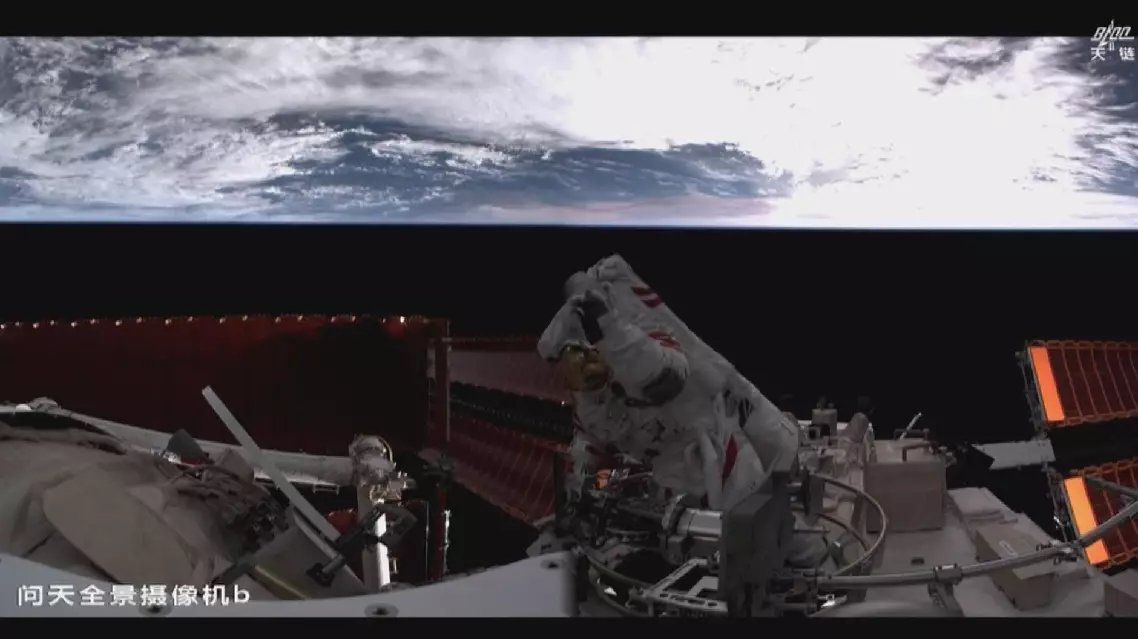
Shenzhou-19 crew strengthens Tiangong station's debris protection in second spacewalk



